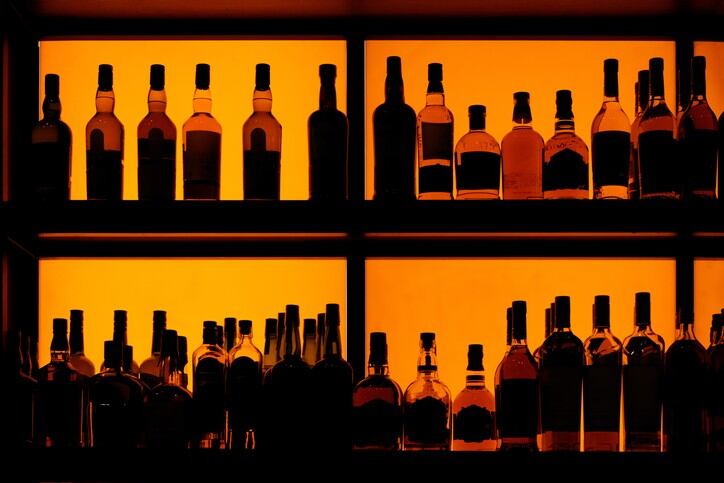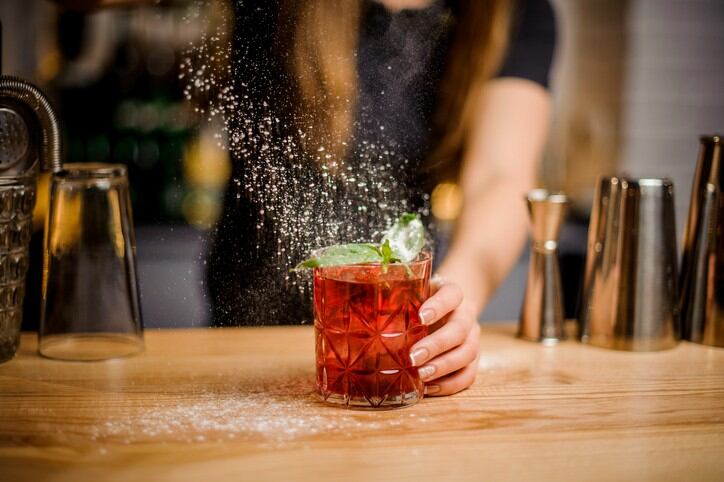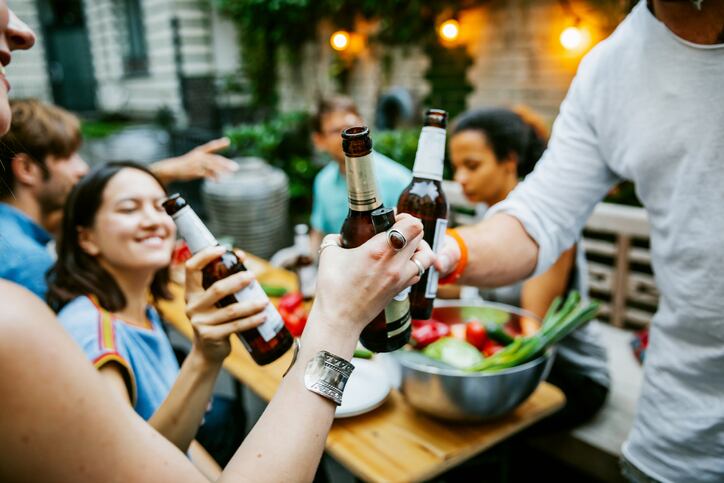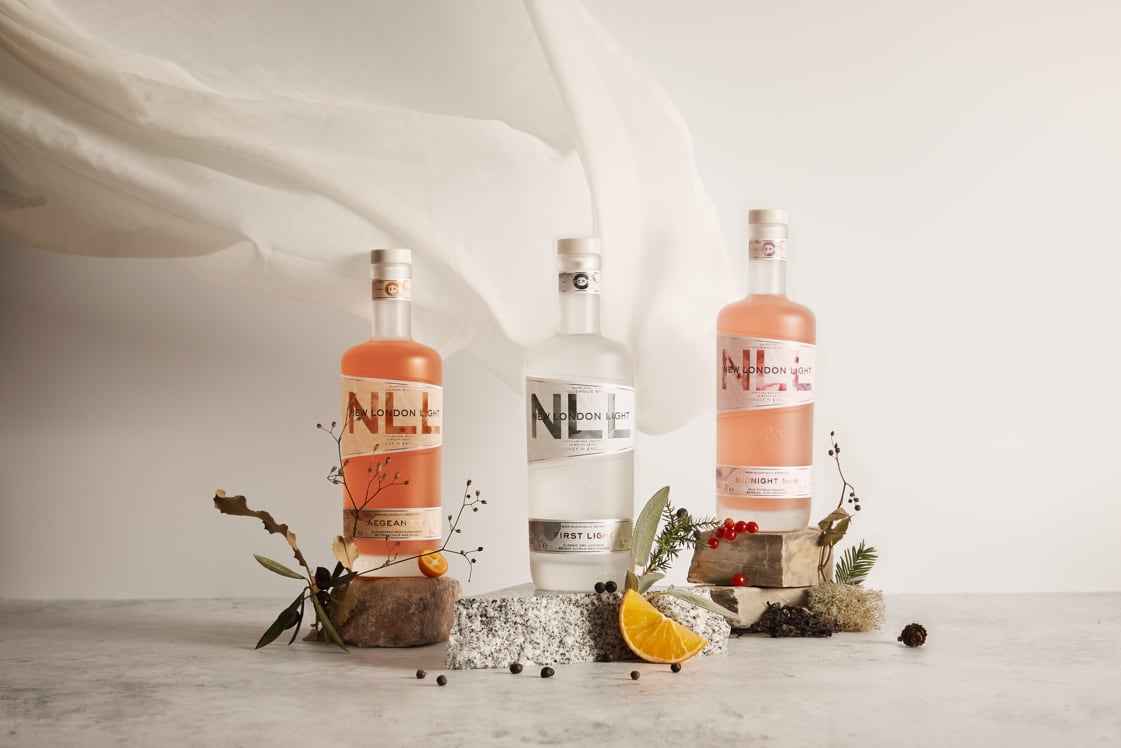Over the last few years, the beverage industry has seen a huge shift in attitudes towards drinking alcohol, with many determined to ditch the booze or at least reduce their intake for health, cost, and other personal reasons. The low2no alcohol category has grown by 51% in the year to February 2021, but it still accounts for only 2% of the total alcoholic drinks sector, according to Kantar data.
The market value for low and no alcohol is constantly growing and while Great Britain is behind in comparison to other EU countries in terms of market share, the category has continued to grow since the pandemic with a rise of health-conscious consumers eager to quit or lower the amount of alcohol they drink. This is against a backdrop of mandatory nutrition and recipe information being considered for alcoholic drinks in GB and EU, potentially further informing consumer choice.
Aiding that growth is of course the arrival of new players to the market and the diversification of larger traditional soft drink producers and well-established alcohol brands, who are eager to tap into the psyche of consumers and offer even more choice.
However, it’s also a confusing sector, especially when labels and product information is concerned. While non-alcoholic is possibly more straight-forward in terms of expectations and labelling, many people struggle with the idea of ‘low’. What’s the point of it, and how much alcohol content actually counts as low?
Be wary of the labelling laws
Unlike their larger competitors, who can repurpose what they already have, i.e., easily identifiable brands and bottles, those entering the market will need to establish their brand and product through advertising, product placement, branding, labelling, and packaging. All of which can be a costly business.
Even the phrase ‘low and no’ may no longer stimulate consumer demand. Look at how ‘diet’ drinks have become ‘zero’ with supposedly a more positive connotation for the consumer.
Know your limits
The UK Low Alcohol Descriptors Guidance was published in 2018 by the Department of Health, and states that “low alcohol is a drink which is 1.2% abv or below. Alcohol-free is a drink where the alcohol has been extracted and contains no more than 0.05% abv.”
This limit is lower than many realise and alcohol free or zero alcohol only applies if abv is at, or below, this limit. While low and no alcoholic drinks are currently exempted it is of interest to note that the proposed controls on high fat salt and sugar foods (HFSS) catch non-alcoholic soft drinks and say “non-alcoholic” means a content of not more than 1.2% alcohol by volume.
In the EU that differs slightly with alcohol-free classed as 0.5% and below, and many in the industry are calling for GB to be brought in line with the EU to bring consistency across the market. Although, legislation differs in US and Australia.
Most drinks have strict legislation around the alcohol content they must contain in order to be classed as gin, whisky, or rum etc. Producing low alcohol will impact how brands can name and label their products, so they need to carefully consider the rules around this before bringing it to market to avoid any compliance or regulatory issues down the line.
Is Low2No Alcohol Sustainable?
Many people are keen to make healthier choices by reducing their alcohol intake or becoming teetotal, in the same way we’ve seen a growth in alternative products such as dairy and meat-free.
This is a huge market for potential growth and its upward trend is something we expect to see continuing long into the future. Entering a new market or category for the first time can be daunting, but leaving compliance until the very last hurdle can lead to many unnecessary delays in securing product approval.
Starting compliance early in your journey is vital to prevent potentially costly and timely product iterations, reformulations, and label redesigns. This includes everything from product information and labelling to product names, ingredients, and packaging.
With no worldwide harmonised approach to labelling laws, health claims, or what counts as ‘low’ and ‘non-alcoholic’ drinks, it can be extremely easy to fall victim to non-compliance.
About Ashbury: Launched in 2011, Ashbury is a UK consultancy service provider, helping businesses navigate the complex world of product information regulations for food and non-food products. Its regulatory team helps clients understand, apply, and comply with domestic and international regulations.




